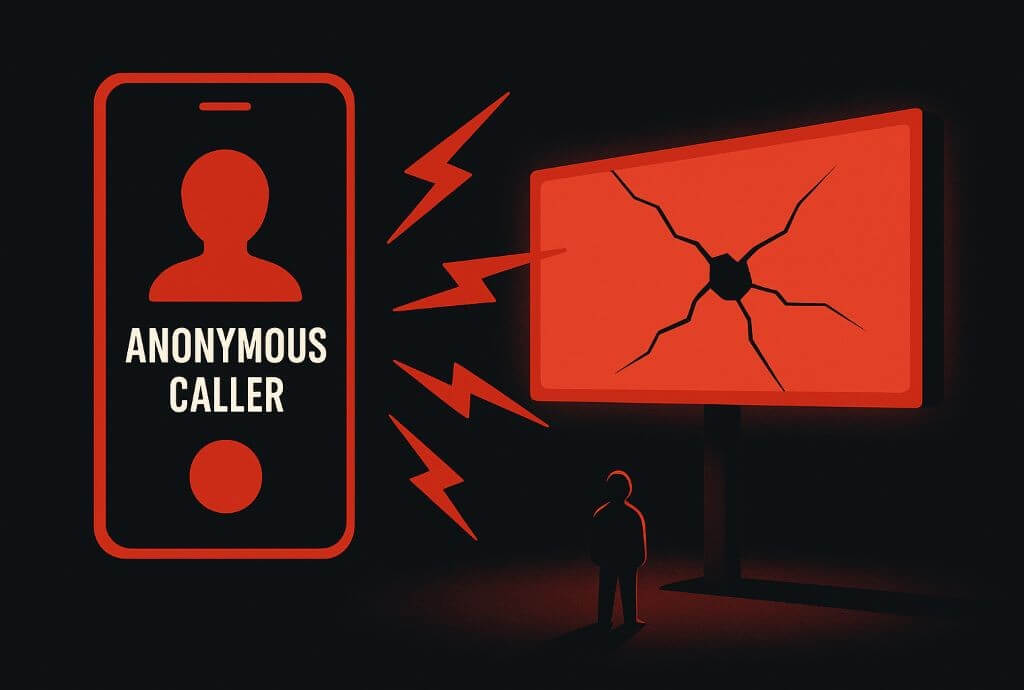Summarised by Centrist
The World Health Organisation (WHO) has declared Mpox an international emergency, recently citing a new outbreak in the Democratic Republic of Congo (DRC) and nearby Central African countries.
Yet, Mpox has caused only 223 confirmed deaths worldwide in the past two and a half years. This equates to a fatality rate of 0.2% from over 102,000 cases.
In Africa, 26 deaths have been confirmed in 2024. In comparison approximately 40,000 malaria deaths have occurred in the DRC alone during the same period.
Dr David Bell, a public health physician, agrees that Mpox is a concern, but does not justify the label of a global emergency when compared to much larger health issues facing the DRC and other African nations.
Bell criticises the WHO’s declaration as an overreach. He argues that it diverts resources from more pressing health crises like malaria, tuberculosis, and HIV.
He offers three suggestions to address the “emergency”: Mpox data and other priorities should be shown in context, including the costs and trade-offs of the response. Those with financial interests in mass vaccination should be kept out of the decision-making process. The WHO must stay transparent, so the public knows what they’re paying for and the possible risks and benefits.



















